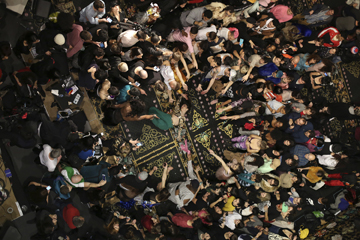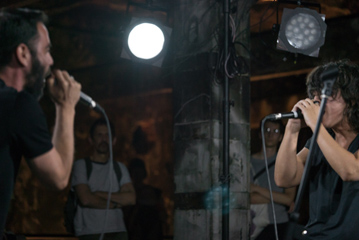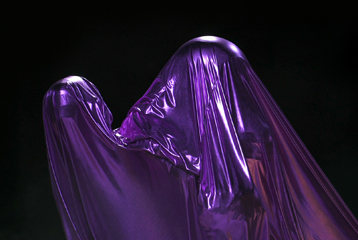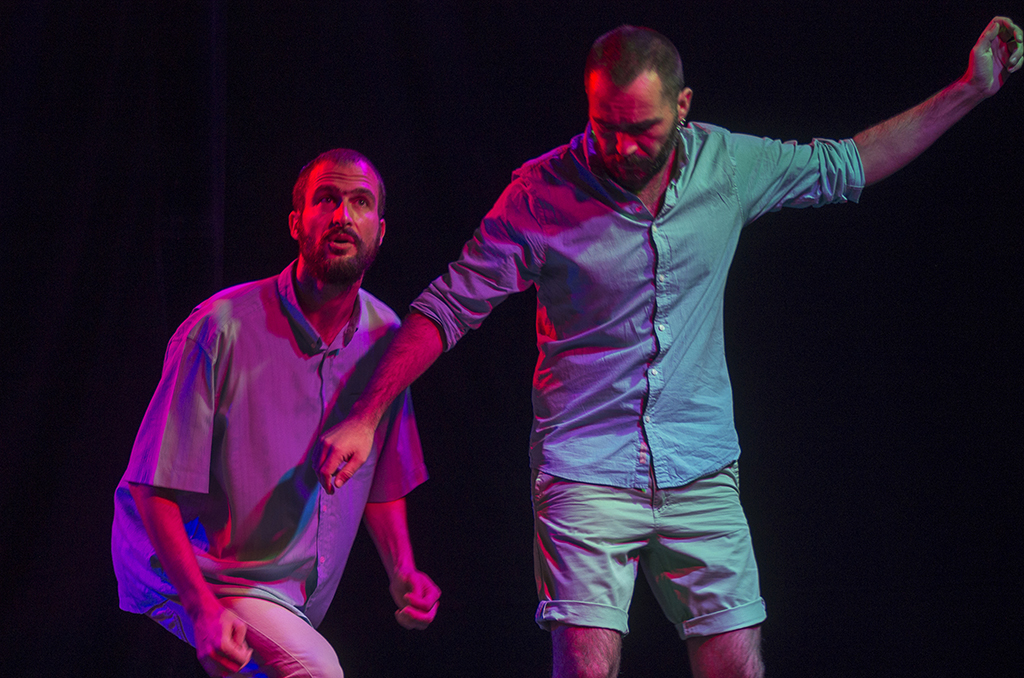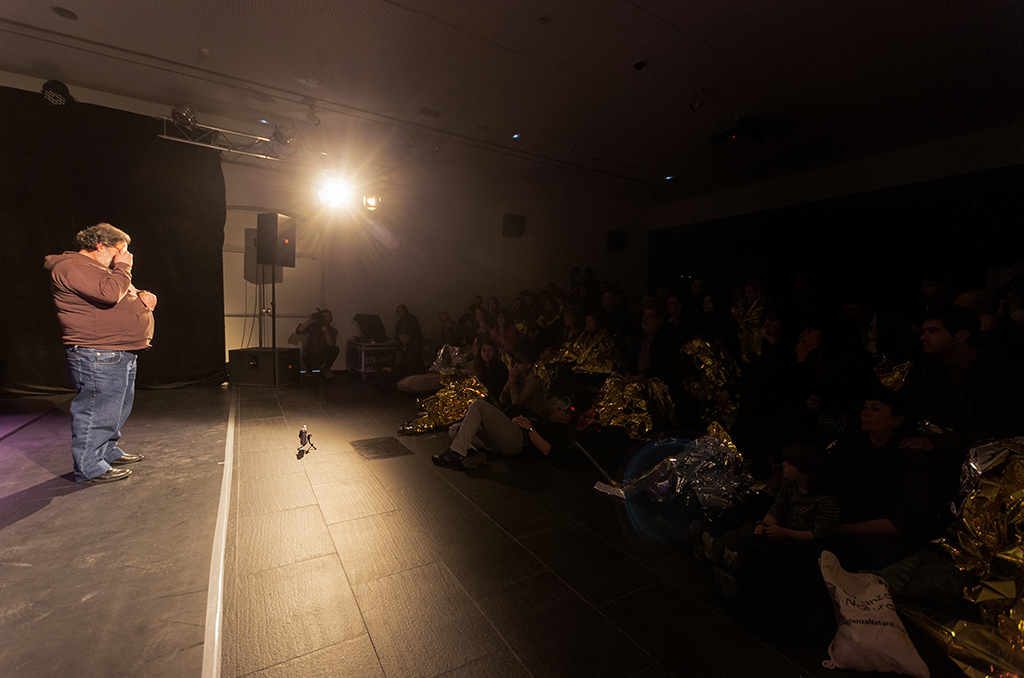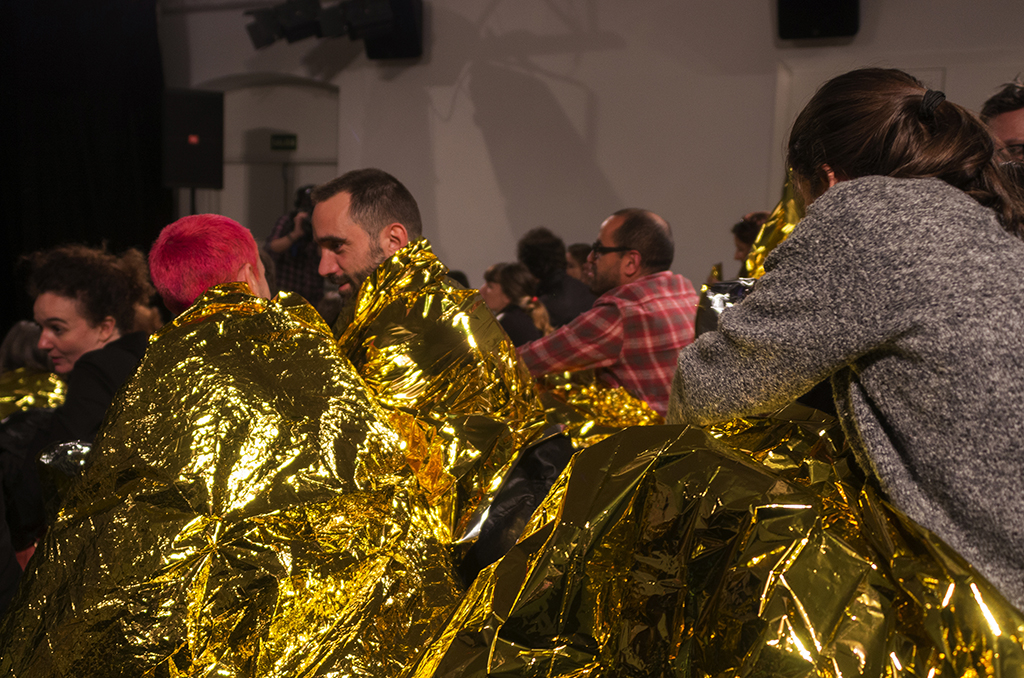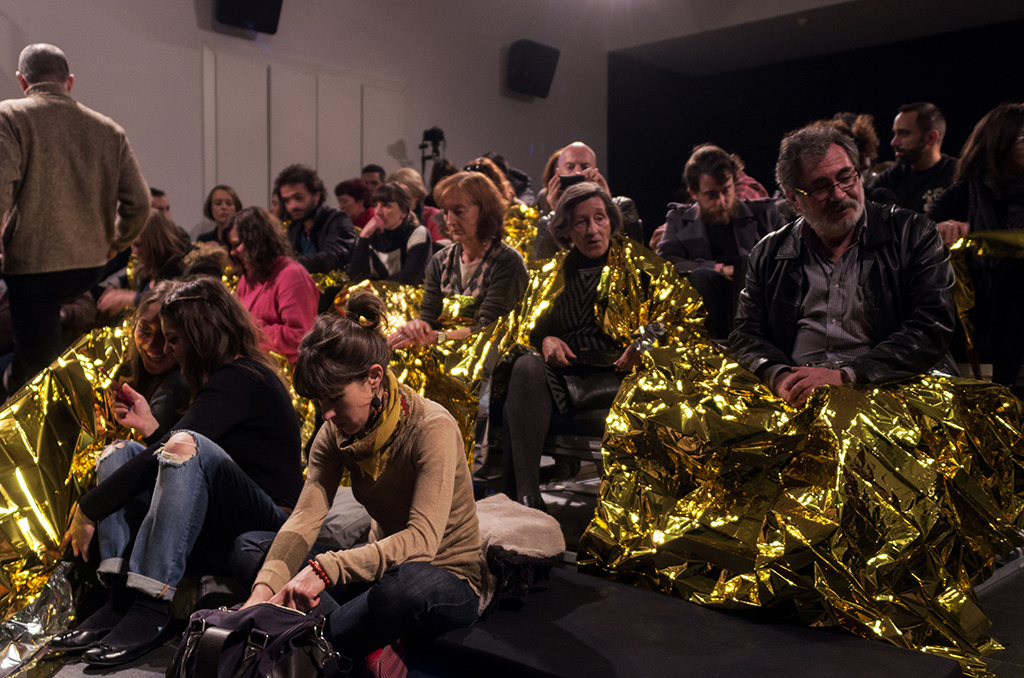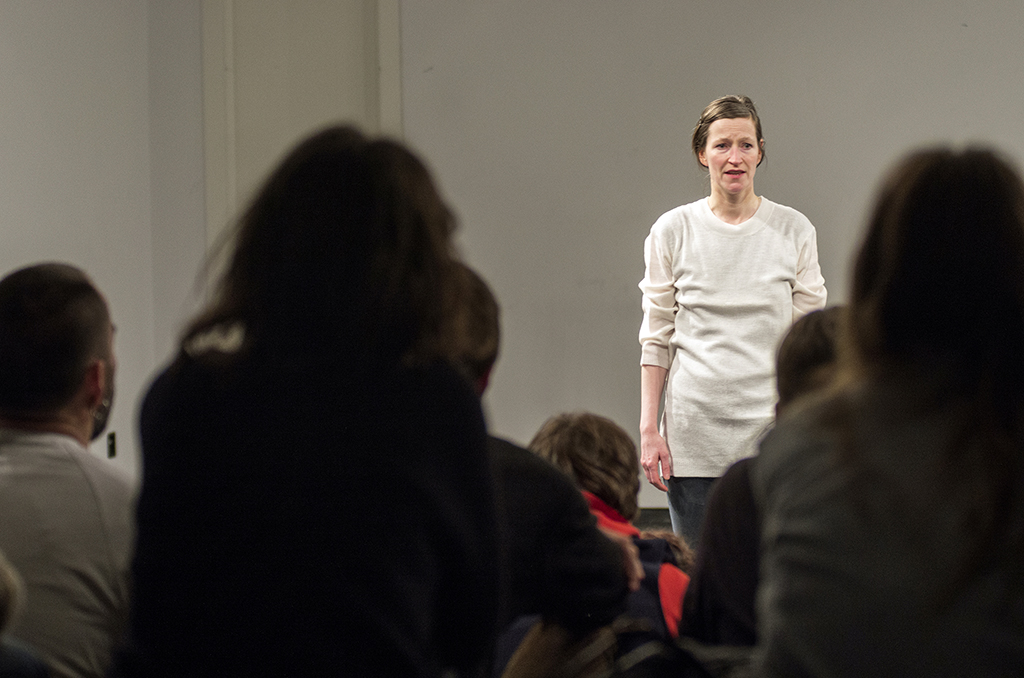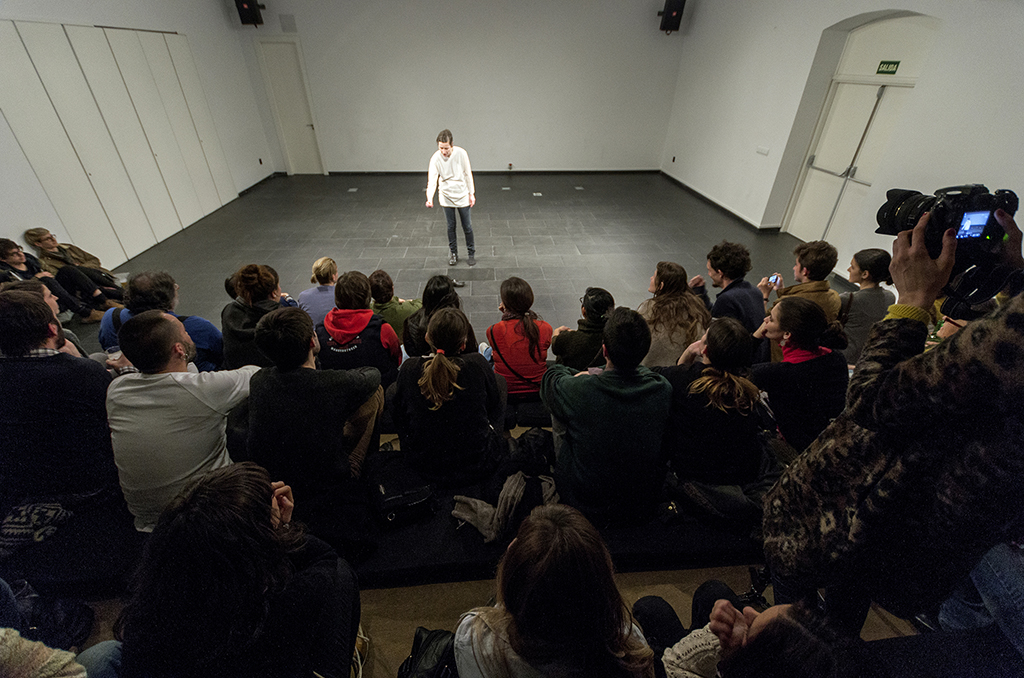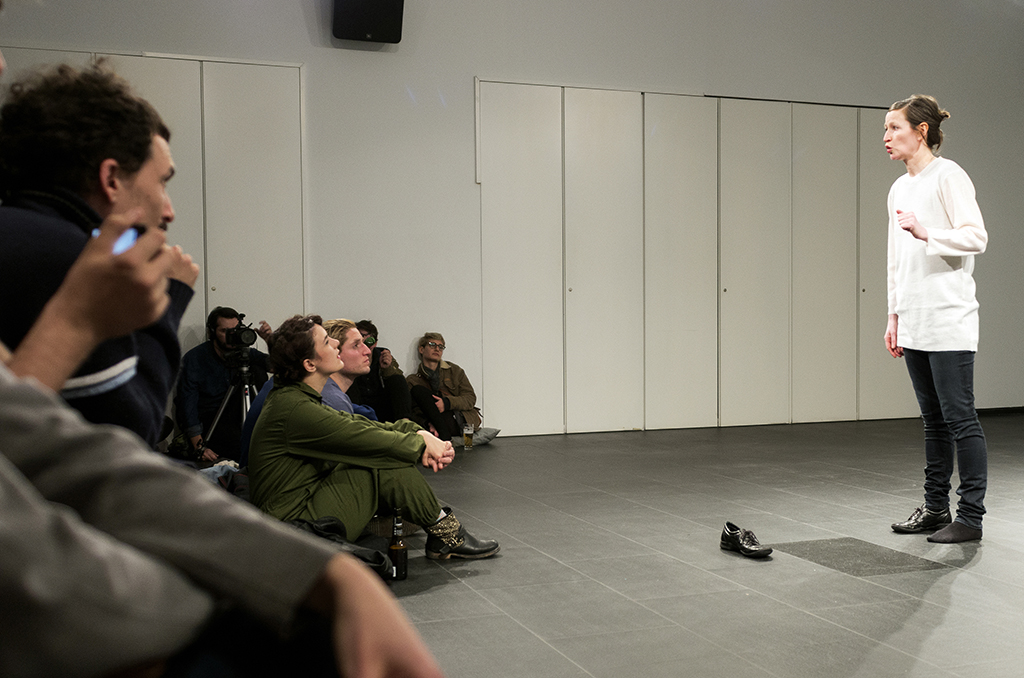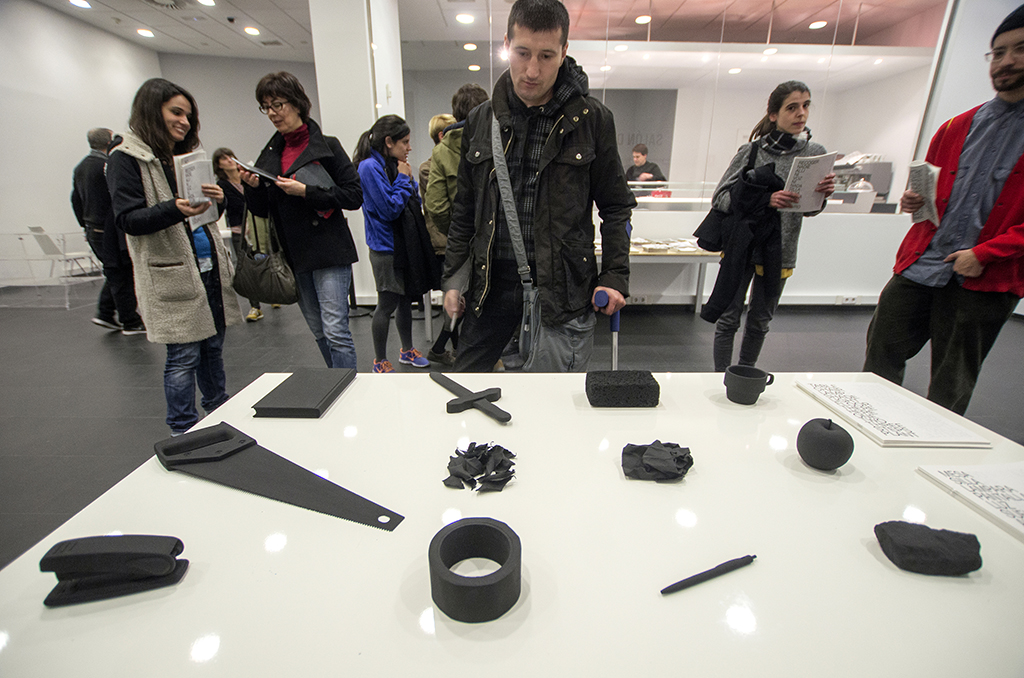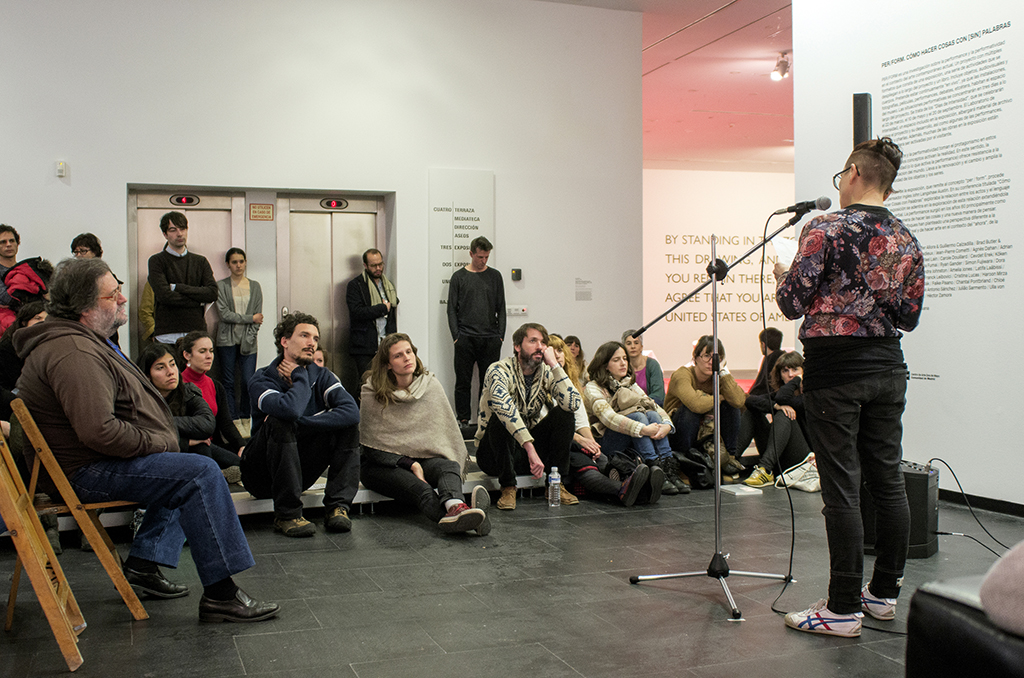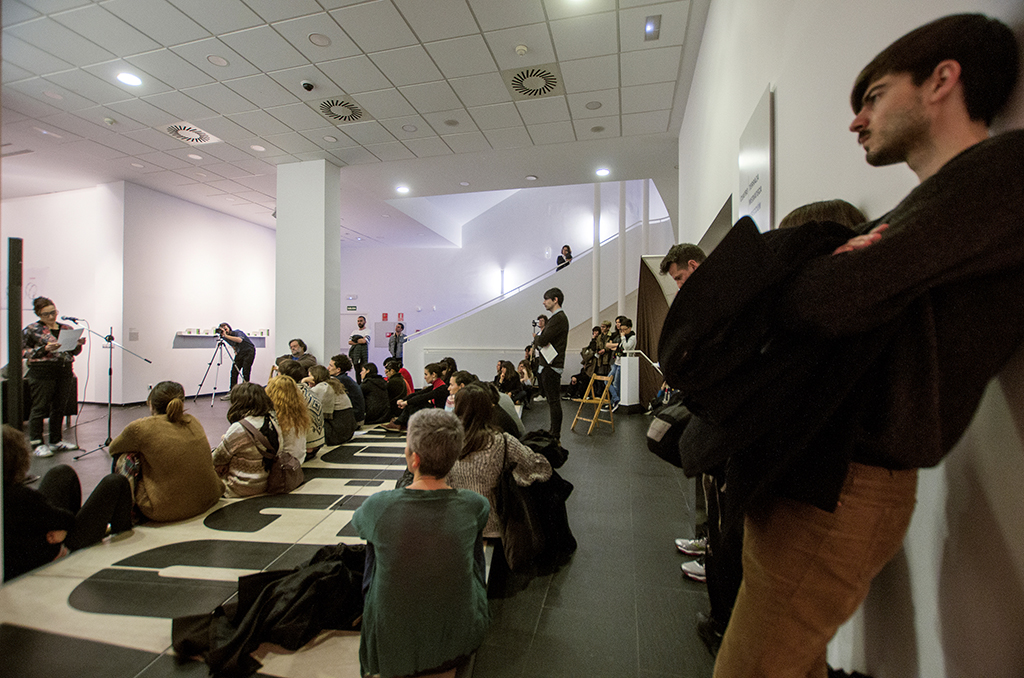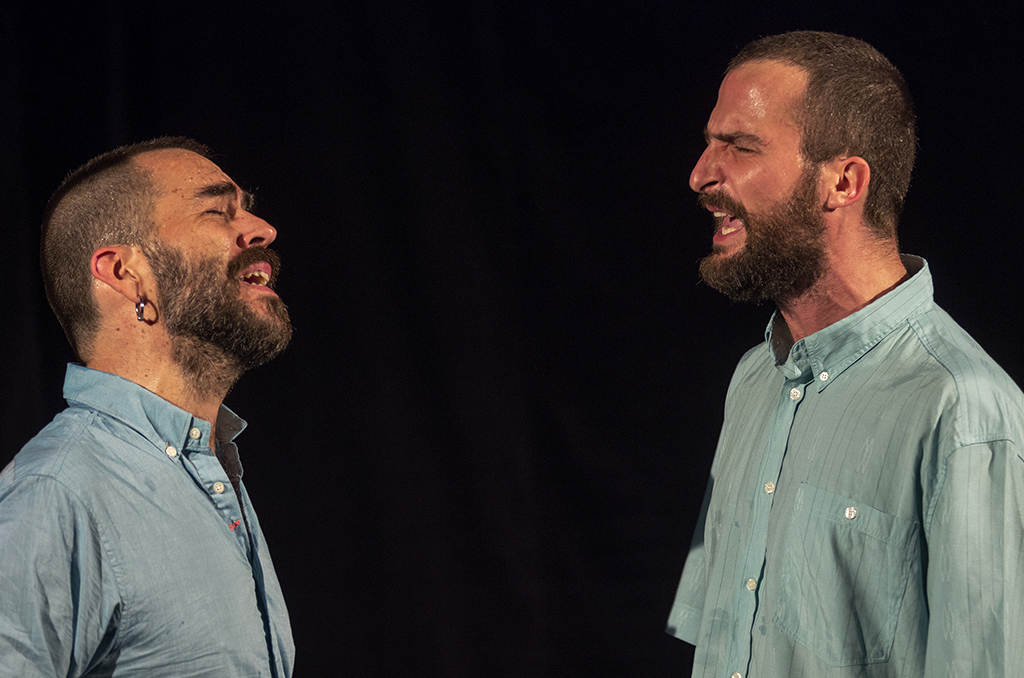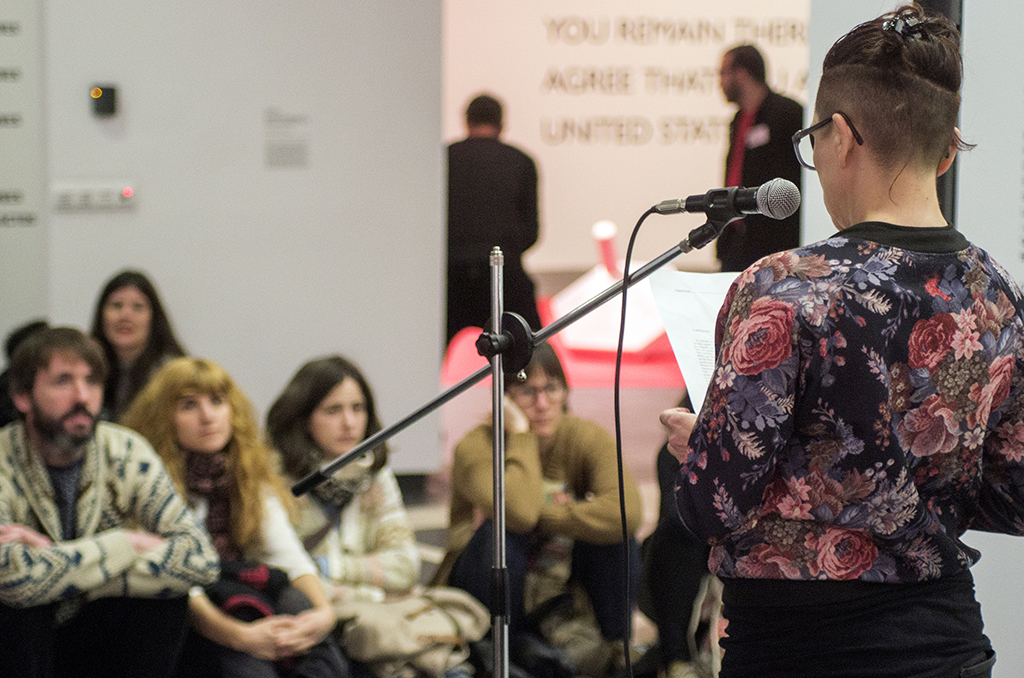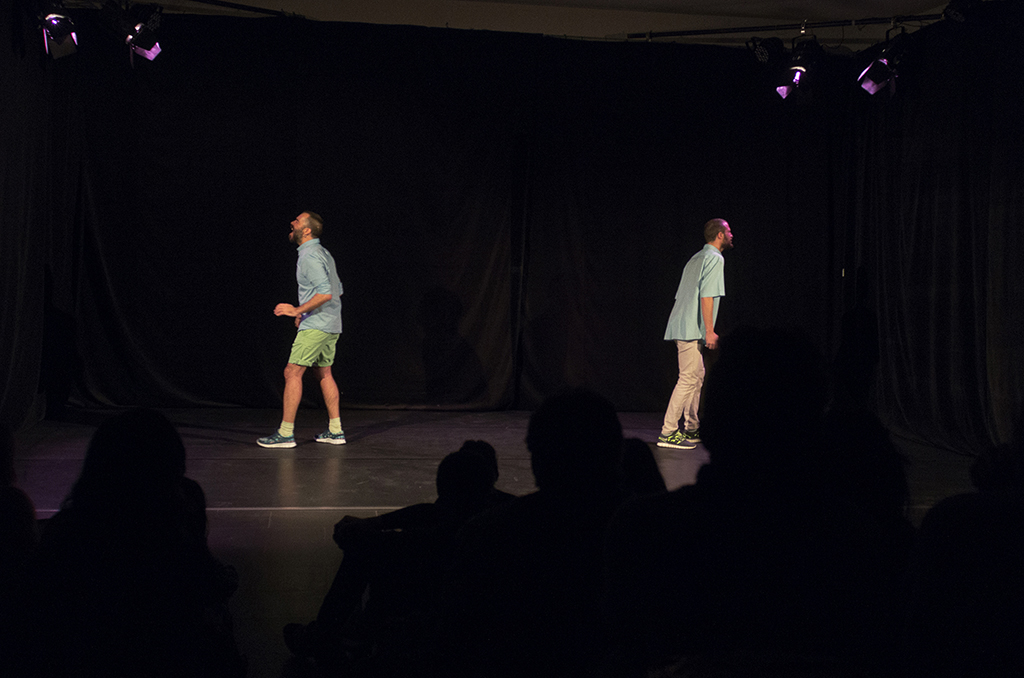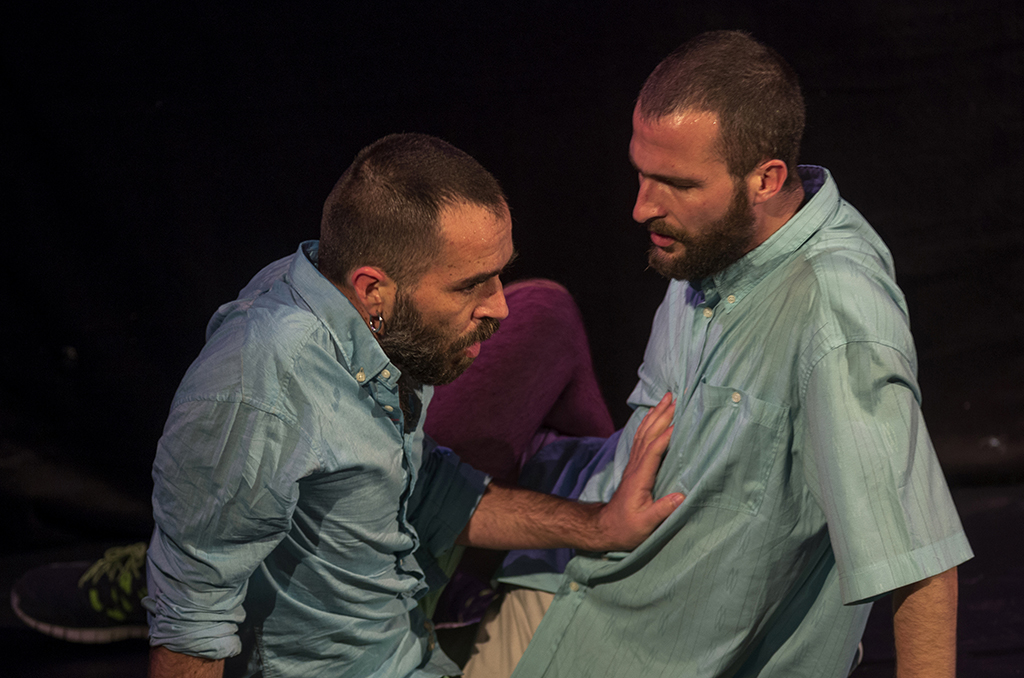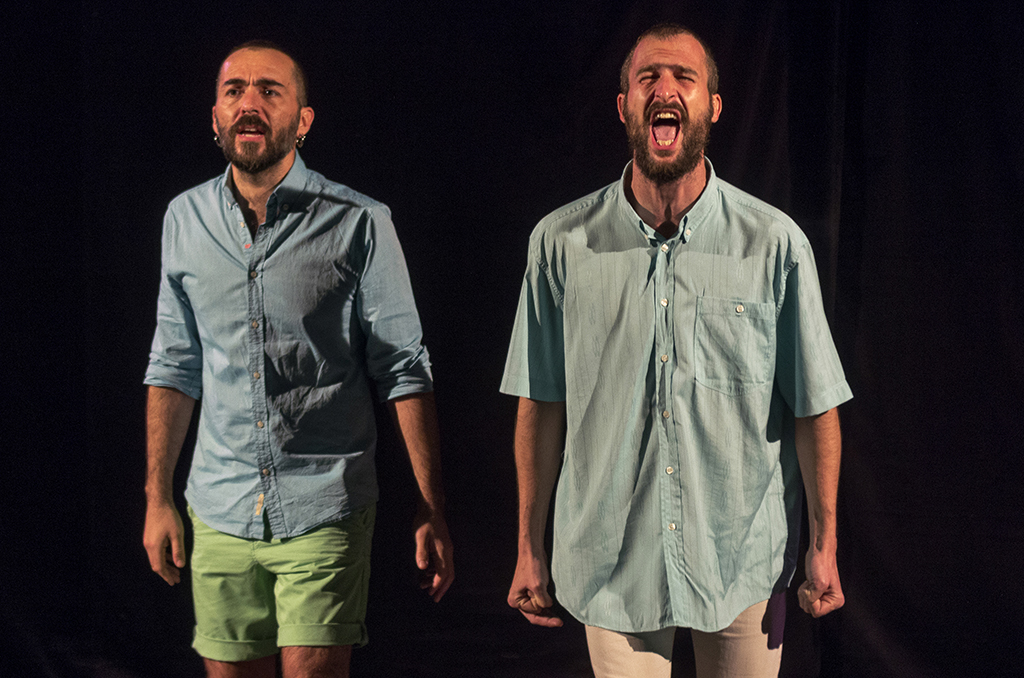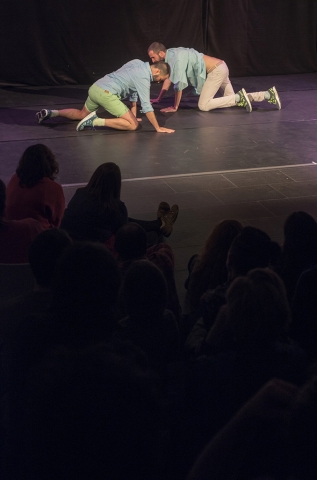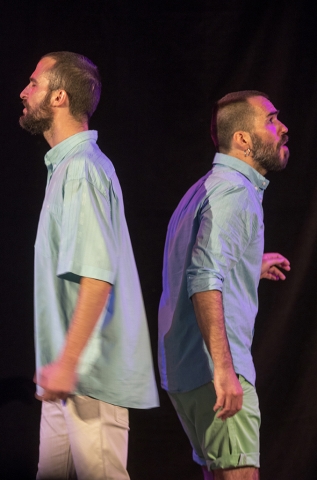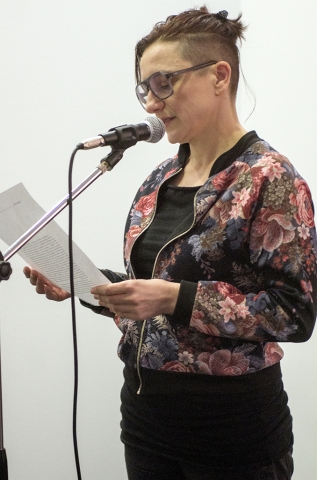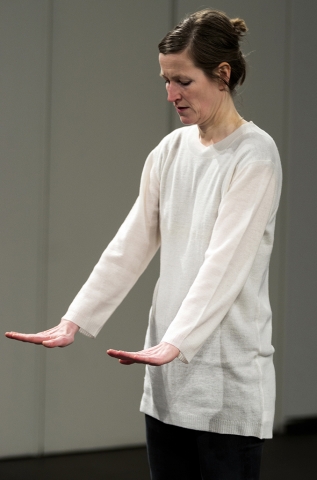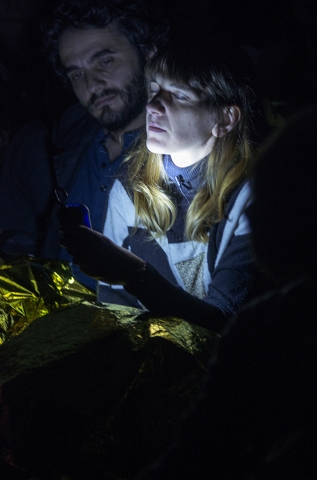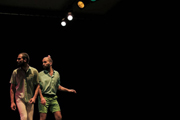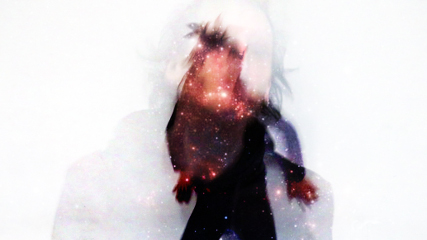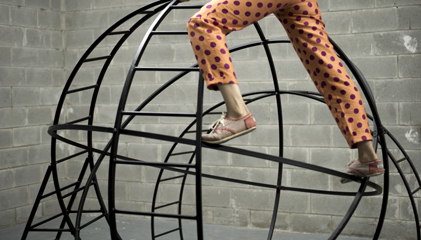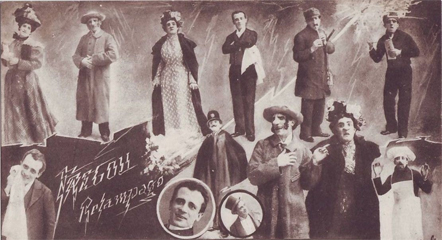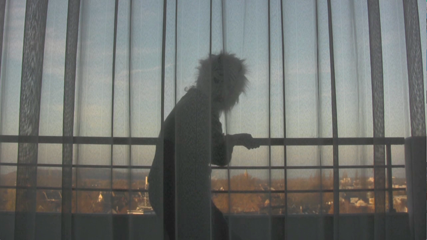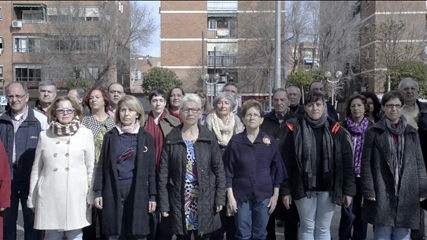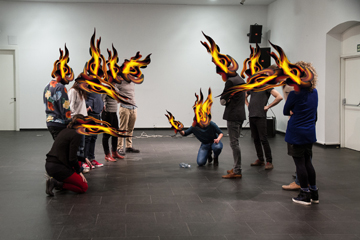CA2M Centro de Arte Dos de Mayo in conjunction with Mother Spain Silvi ManneQueen and Madrid Voguing Ball - BALLROOM SCENE wish to invite you to the celebrations for the 5th Anniversary of the Madrid Voguing Ball, the 10th Anniversary of CA2M and the closing of the exhibition Elements of Vogue: A Case Study in Radical Performance. This joint celebration will be held on 6 May in the guise of THE OVAH BALL.
The Ovah Ball is not far off, and it’s the moment you’ve been waiting for to show off your creativity and originality and take it to another level. Create a work of art with your performance and your look. This ball is your chance to be the artist, exhibiting your masterpiece...
Inspired by the use of materials and their transformation, participants will be required to create jaw-dropping looks and to fight it out in battles and leave the judges speechless. And if they do say anything, let it be: OVAH!!!
“Take trash and turn it into treasure, take tragic and turn it into magic”
The event will take place in the installation created specifically by the New York artist Rashaad Newsome for holding balls at CA2M, a fabulous world of precious stones, glamour, bling bling and superficial glitter but which is at once a platform for the radical resistance of dancing bodies.
If you’ve already seen the exhibition Elements of Vogue and love ballroom culture and voguing, you won’t want to miss this ball. But if you haven’t seen it yet and love everything about performance, fashion and dance, strutting down the runway like a true model, or if your thing is pure creativity and you want to express yourself freely and be who you really are.... then this is the time and place for you! You can take part as a competitor or enjoy the show as part of the audience: just remember to be who you want to be and that that once you start watching, you too are part of the show!
BE WHOEVER YOU WANNA BE!
We invite you to attend the ball with a look inspired by one of the many options we have chosen. We recommend checking the event regularly on Facebook, for inspirational photos for looks and costumes.
A ball is a safe space where you can express yourself as you want to be, with battles in different categories (voguing, runway, hands performance), with different artists and dancers who face off in front of an international jury.
Host:
Mother Spain Silvi ManneQueen (Spain)
Commentator:
Matyouz LaDurée (Paris)
Judges:
Twiggy Pucci Garçon (NYC)
Mother Leiomy Amazon (NYC)
Archie Burnett Ninja (NYC)
DJ: MikeQ
CATEGORIES
Choose the one that suits you best, be the person who want to be, and compete for those 10s! The sky’s the limit! Below you have a guide to the various categories to INSPIRE your look.
OTA (Open to all): any individual, regardless of gender, race, sexual orientation, etc.
F A S H I O N
TAG TEAM RUNWAY OTA
TRASH BAGS is the INSPIRATION for designing a look in this category. In addition, you will also have to use METAL to create your accessories. This is your chance if you want to be a real model, without stereotypes or canons. Bear in mind that this is not a fancy dress ball. Creativity, eleganza and xtravaganza are the keywords.
This category is for tag teams and each pair will compete on the runway, looking for 10s. The teams shortlisted by the jury will go on to fight it out in battles, where two competitors will walk at the same time in ballroom style. Judges will be looking for runway technique. Plastic is fantastic but metal is too!!
DESIGNERS DELIGHT OTA
This is your chance to show off your style and taste. You don’t need to dance, just show us your best design, the one that represents who you really are as a designer, using materials like PAPER, CARDBOARD AND/OR POSTERBOARD as your source of inspiration.
Remember that the designer does not necessarily have to walk with the costume, but the outfit must always be created specifically for the model who will be wearing it on the runway.
Don’t forget that this category takes every detail into account: hair, accessories, jewellery and the model’s ability to sell the look to the judges.
Make sure your look looks flawless.
BIZARRE OTA
Let your imagination and creativity run wild, and show us your most bizarre creation. Anything goes, but your creation should use materials like CABLES, LIGHTBULBS, OBSOLETE TECHNOLOGICAL MATERIAL, etc. Don’t forget to use the concept of transformation; reinvent yourself and amaze or shock us with your outlandish creation.
Forget happening trends and look in the deepest recesses of your own mind to come up with something totally original. Judges will be looking for the creativity, originality and elaboration of the design.
P E R F O R M A N C E
OLD WAY OTA
For Old way use elements that keep bonds and ties with the origins of voguing. Create a look using ROPE, KNOTS AND/OR STRING, but keeping the signature elegance of this style. You can cut off your opponent and even use elements… but remember, you cannot touch.
NEW WAY OTA
If New Way is your style, here you have a chance to go beyond the origins and incorporate flexibility, speed and control.
Here the inspiration for your look is a more complex weave made from MESH, NETS AND BRAIDED FABRIC.
Be creative!
HANDS PERFORMANCE OTA
In this category you can show us what you can really do with your hands, telling us a story. Dazzle the judges not only with your story, and add LIGHTING, but nothing with a flame.
All hands on deck!
TAG TEAM VOGUE FEMME OTA:
This is the category to truly shine, and this time it is going to be extra special. Leave the judges with their mouths open, borrowing the inspiration for your look from the painting technique known as “DRIPPING”. Cover your costume with colourful SPLASHES and BRUSHSTROKES.
This category is also for teams in which at least one member will have to be a beginner or virgin (1 year or less), whether the style be dramatics or soft and cunt. Show the judges what you can do as a team. Be creative! If you want to get 10s then impress the judges with your look, dance technique, elements and charisma.
REALNESS: (3 trophies)
Show us your realness and the realness of your look; you can give a second life to your old DENIM or use remnants of old JEANS for your creation. Remember that it is not just a case of dressing up in fancy dress, and show us something new and modern.
• PRETTY BOY REALNESS
• DRAG REALNESS
• FEMME QUEEN (FQ) / TRANSMEN REALNESS
*Note: This category was originally created in the ballroom scene to award a person’s skills in “passing” unnoticed in larger society, given that, at the time, belonging to the LGTB community, and furthermore being Black or Latino, was no easy task in New York City. For example, the challenge for a gay man was to “pass” among people as heterosexual as possible, and so obtain the same privileges in society, like getting a job. Or, for instance, for a transsexual person, the challenge was to appear as “real” as possible, and return home alive without being beaten up. Within this category there are different types of Realness: Thug Realness, School Boy, Transman Realness, Femme Queen Realness, Butch Realness, Butch Queen Up in Drag Realness (BQUID), etc.
F A C E
FACE OTA: (1 trophy)
Attract all eyes and make sure your beauty is also reflected in your look, using MIRRORS and GLASS for your creation.
Captivate the judges with your facial features, beauty and charisma. Judges will be looking for facial structures, i.e. cheeks, chin, perfect skin, teeth, smile, but also corporal expression, attitude, make-up and clothes.
Mirror, mirror, on the wall ….who is the fairest at the CA2M ball?
• BQ Face
• FF Face
There will be separate judging by subcategories but there will also be a final battle and one single trophy.
Enrolment is free and open until X 26 APRIL.
Maximum 3 categories per person.
The order of the categories will be announced later.
If you want to take part as a competitor you must fill out the following ENROLMENT FORM
The organization reserves the right to consider a category “full” when it believes that there is a sufficient number of participants, with the purpose of motivating participation in other categories. So, hurry up and book your place now!
If you have any questions about categories and looks, send an email to: MADRIDBALLROOMSCENE@GMAIL.COM

The Ovah Ball is not far off, and it’s the moment you’ve been waiting for to show off your creativity and originality and take it to another level. Create a work of art with your performance and your look. This ball is your chance to be the artist, exhibiting your masterpiece...
